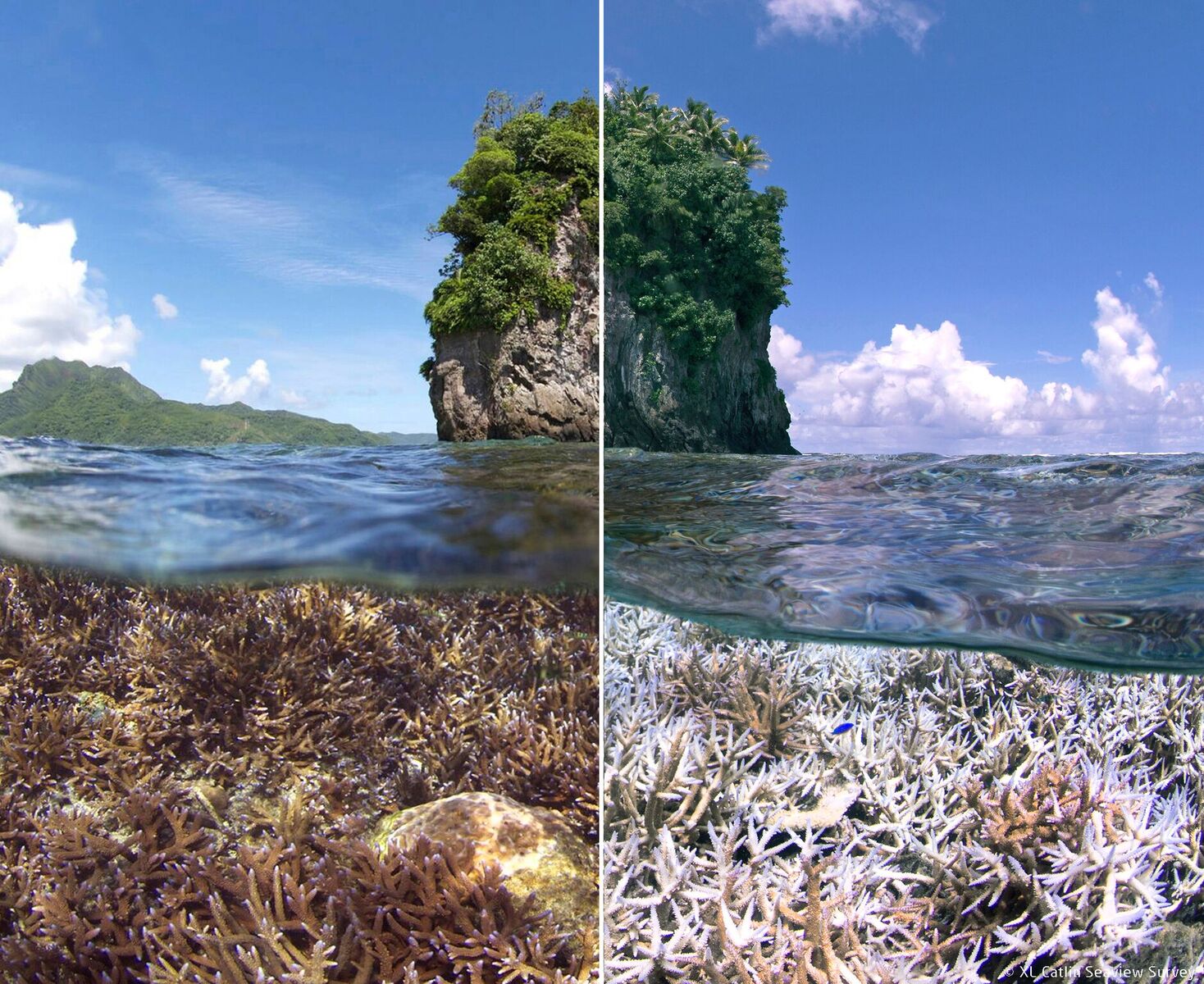I’ve always loved the ocean. I even took a Marine Biology course my senior year in high school. The ocean is amazing and vast. There are areas of it that we’ve still yet to explore. Ocean animals are some of my favorites. An animal that we rarely think of or consider though are corals. Corals are amazing creatures that support entire ecosystems. Coral reefs are incredible sources of life that have long fascinated us. But coral reefs are disappearing due to coral bleaching cause by climate change.
I recently watched a new documentary movie on Netflix called Chasing Coral. This documentary follows researchers trying to track and monitor coral bleaching events. It’s informational, it’s interesting and it’s emotional. It was an amazing documentary and I highly recommend watching it.
Chasing Coral has inspired me to provide you with a few facts about our oceans and coral.
- Corals are made up of individual coral polyps that work together to form a coral colony.
- Corals are related to jellyfish and anemones.
- Corals ingest tiny organisms but they also get their energy from the sun.
- Corals do not photosynthesis but instead have microscopic algae or zooxanthellae living in the lining of their digestive system.
- As much as 90% of corals energy is received through their symbiotic relationship with these microscopic photosynthetic organisms.
- Reefs are some of the most biodiverse areas in the world.
- “Coral reef plants and animals are important sources of new medicines being developed to treat cancer, arthritis, human bacterial infections, Alzheimer’s disease, heart disease, viruses, and other diseases.” – National Oceanic Atmospheric Administration.
- According to the World Resources Institute, a loss of 1 kilometer of coral reef means the loss of between $137,000 to $1,200,000 over a 25 year period
- 60% of coral reefs are threatened by human activity.
- Coral bleaching happens when the coral is dying, exposing the skeletal structure of the coral, due to temperature changes.
- The amount of coral bleaching is not part of a natural cycle but is instead caused by climate change.
- As the world continues to heat up bleaching events will become more frequent disallowing coral reefs the time they need to recover from these events. This will lead to more widespread coral death.
- The first global bleaching event was in 1998, the second in 2010 and the most recent was from 2014 to 2017.
- The National Oceanic Atmospheric Administration, the most recent global bleaching event saw bleaching levels temperatures at 70% of the world’s coral reefs.
- Scientist believe this event caused even more damage overall than the 1998 bleaching event, which killed about 16% of corals worldwide.
One things for sure, if we’re going to save these crucial ecosystems we have to do something, and fast. Let me know if you watch Chasing Coral and what you think!
Written by Patricia Van Valkenburgh, Class of 2019.
Photo provided by The Ocean Agency.

